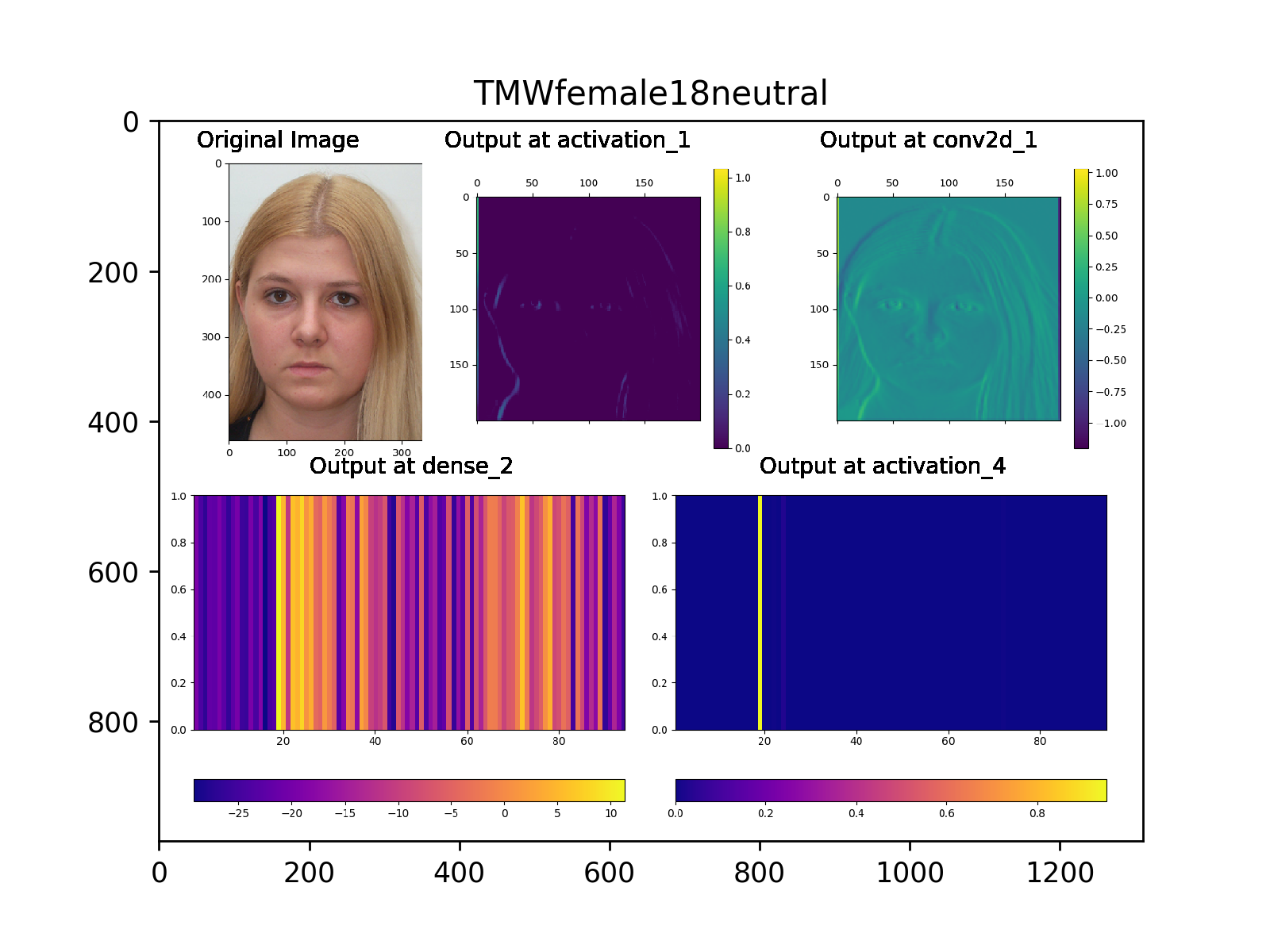Bilişim Sistemleri EABD Yüksek Lisans ve Doktora Programı Mülakat Duyurusu
29 Nisan-19 Haziran 2019 1.
GRUP MÜLAKATLARI
ODTÜ Akademik
Takvimi’nde yapılan değişiklik nedeniyle sonbahar dönemi başvurularında iki gruplu değerlendirme uygulanacaktır. Bu uygulama hakkında detaylı bilgi linkteki duyuruda verilmektedir: http://ii.metu.edu.tr/tr/duyuru/lisansustu-basvurularla-ilgili-onemli-duyuru”.
Bilişim Sistemleri Anabilim Dalı 1. grup Yüksek Lisans ve Doktora mülakatlarının yer ve zaman bilgisi ile çağrılan adayların isimleri tabloda verilmiştir.
|
1.GRUP YÜKSEK LİSANS ADAYLARI 27 Haziran 2019 Perşembe 14:00-17:00 Enformatik Enstitüsü Sınıf 2 ve Sınıf 3 |
2.GRUP YÜKSEK LİSANS ADAYLARI 28 Haziran 2019 Cuma 10:00-12:30 Enformatik Enstitüsü Sınıf 2 ve Sınıf 3 |
DOKTORA ADAYLARI 28 Haziran 2019 Cuma 13:30-16:30 Enformatik Enstitüsü Sınıf 2 |
|||||
|
Soyadı |
Adı |
Soyadı |
Adı |
Soyadı |
Adı |
||
|
AFŞİN |
YASİN |
KARAKAYA |
ÖMER FARUK |
AKYÜZ |
MEHMET BERKTAY |
||
|
AĞKOÇ |
DİLAN |
KARLI |
Berat Tuna |
ALBAYRAK |
AHMET |
||
|
AKDOĞANBULUT |
HANİFE |
KATIRCI |
DUYGU |
BALKAN |
ÖZER |
||
|
AKSOY |
ECEM |
KIZILDAĞ |
ARİF OZAN |
BASHIROV |
ENVER |
||
|
ALTUNSARAY |
MURAT |
KİREN |
KUTAY |
CEYLAN |
ORHAN |
||
|
AVCI |
FİKRET |
KOCADAĞ |
ŞEVKİ |
ÇOBAN |
HASAN FARUK |
||
|
AYDOĞDU |
ŞÜKRÜ SİNAN |
KOÇ |
MUSTAFA ONUR |
DENİZER |
RAUF KAAN |
||
|
BALLIKAYA |
ÖZCAN |
KOÇ |
BURCU |
EKEN |
İSA CEM |
||
|
BALTACI |
SENEM |
KORKMAZ |
SİNAN EMİR |
GENÇ |
YASİN |
||
|
Bayar |
Alp |
Kurt |
Hurşit Ozan |
GÜNAY |
RAMAZAN |
||
|
BAYAZIT |
FARUK TOLGA |
KÜÇÜKKAYKI |
HASAN TAHSİN |
GÜNAYDIN |
GÖKÇE |
||
|
BÖCÜ |
MAHMUT UĞUR |
MAHNAMFAR |
AMİN |
İLERİ |
İBRAHİM |
||
|
CAMCI |
NİLAY |
NAMAL |
EREN KAĞAN |
İLLEEZ |
ÇAĞRI |
||
|
COŞAR |
İSMAİL YİĞİT |
NAZLIEL |
KEREM |
KÖKSAL |
ASİYE TUBA |
||
|
ÇAKICI |
UĞUR |
ÖZDEMİR |
RÜSTEM OZAN |
ÖNDER |
NAZIRE MERVE |
||
|
ÇINAR |
ENES RECEP |
ÖZTÜRK |
ÖMER |
ÖZDEMİR |
SERKAN |
||
|
ÇİFTÇİ |
AHMET FURKAN |
PEKER |
OĞUZHAN |
PİŞİRİR |
ERHAN |
||
|
DAYAN |
PELİN |
PUSAT |
FİKRİCAN |
SAĞ |
ALİ CAN |
||
|
DEMİREL |
ERSİN |
SİVRİ |
ALİ HAYDAR |
SARIKAYA |
SEDAT |
||
|
DİLDAR |
YEŞİM |
ŞİMŞEK |
BUSE |
sengul |
zafer |
||
|
DİNÇ |
DENİZ GÖRKEM |
TAYIB |
MUTAKABBIR AHMED |
TUNCER |
BERNA |
||
|
ELGÜN |
EMRE |
TEKDAŞ |
HÜSEYİN OKAN |
UĞURHAN |
MERT |
||
|
ERKUL |
ANIL |
TOPÇU |
KAAN |
ULUOGLAKCI |
CEM |
||
|
EROFEEVA |
IRİNA |
TUNCER |
MERVE |
UZUN |
YILDIZ |
||
|
ERSOY |
ARDA ATACAN |
UĞURLUOĞLU |
FARUK ÖZENÇ |
YANDIK |
YÜCELEN BAHADIR |
||
|
FINDIK |
BARIŞ |
ÜNAL |
TOYAN |
||||
|
Gormezoglu |
Mehmet Melih |
YILMAZ |
RABİA ŞEYMA |
||||
|
GÖLTAŞ |
YILMAZ TAYLAN |
YILMAZ |
MAHMUT |
||||
|
GURALLAR |
MEHMET EGEMEN |
YİĞİT |
DİDEM |
||||
|
GÜLBURUN |
SERCAN |
YURDAKUL |
GÖKAY |
||||
|
GÜLER |
MURAT CAN |
||||||
|
GÜNEŞ |
HAKAN |
||||||
|
Güran |
Ali Kerem |
||||||
|
GÜRCAN |
MEHMET |
||||||
|
GÜREŞÇİ |
SEMİH |
||||||
|
HASELTALAB |
VAHID |
||||||
|
İYMEN |
GÖKÇE |
||||||
|
KANICIOĞLU |
ERDEM |
||||||
|
KAPKİÇ |
AHMET |
||||||
|
KARAHANÇER |
ENES BERK |
||||||


